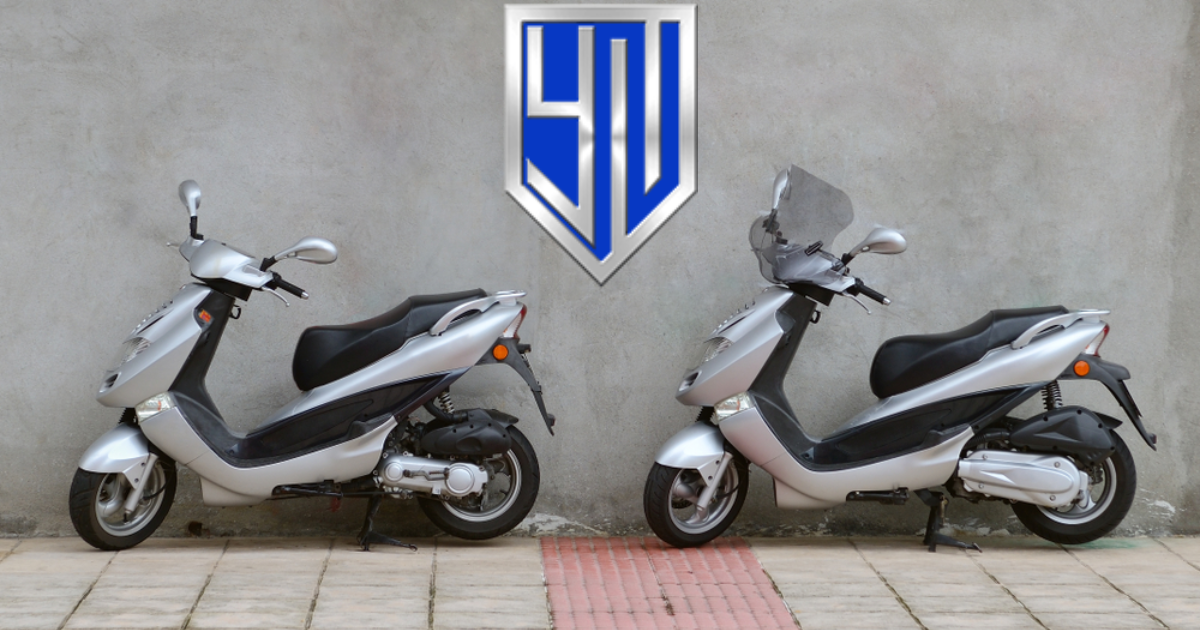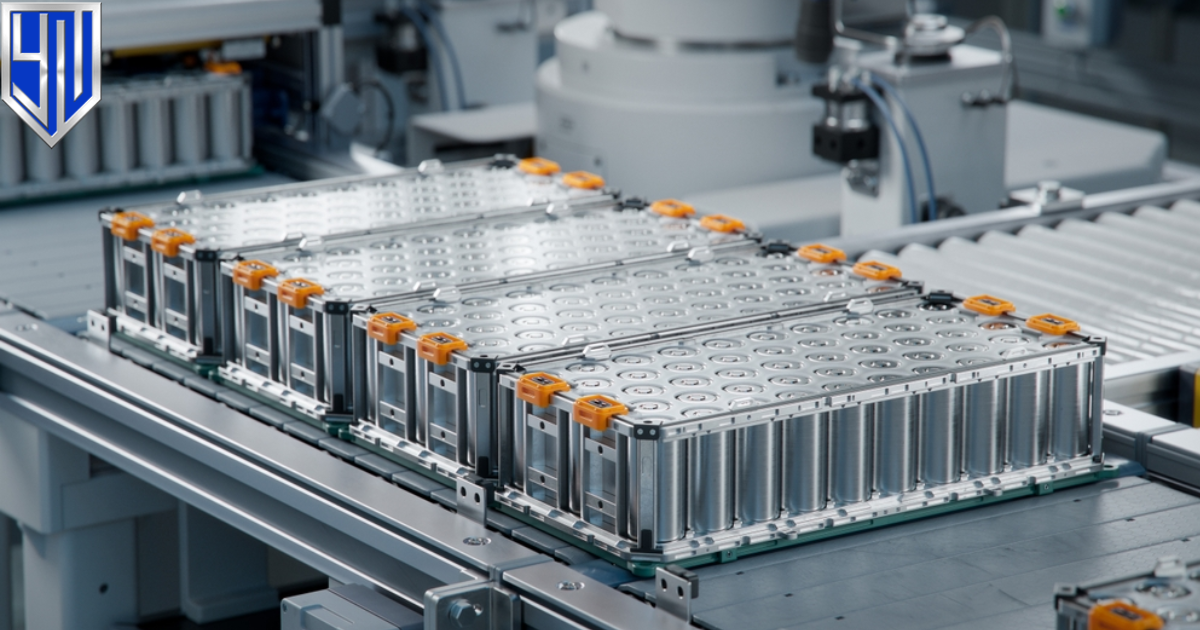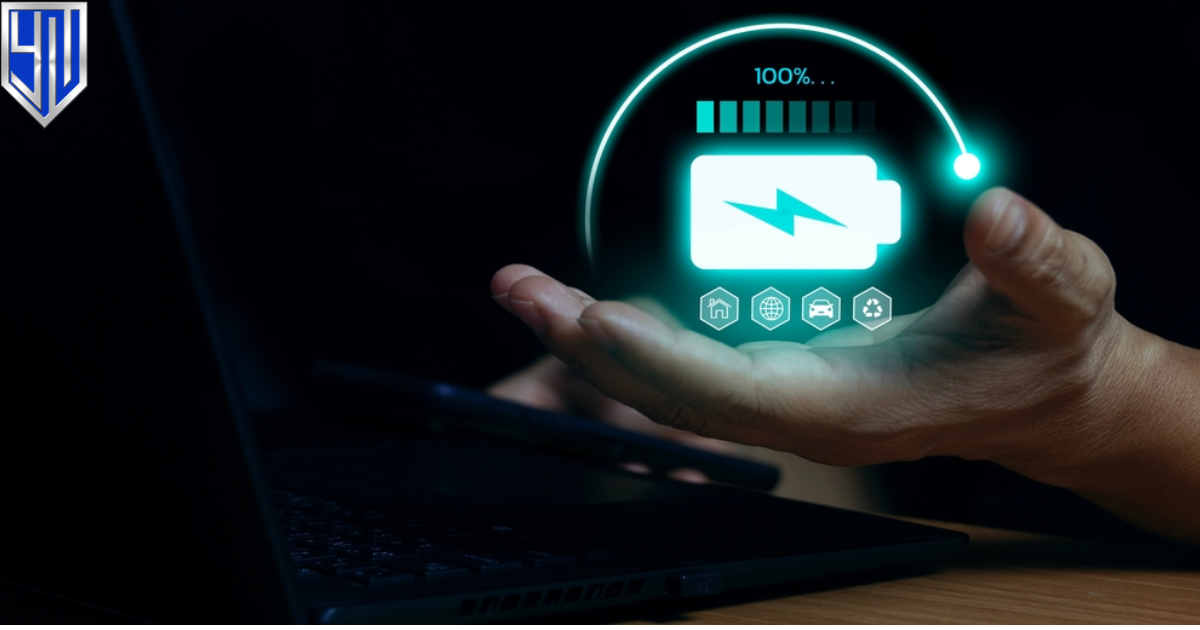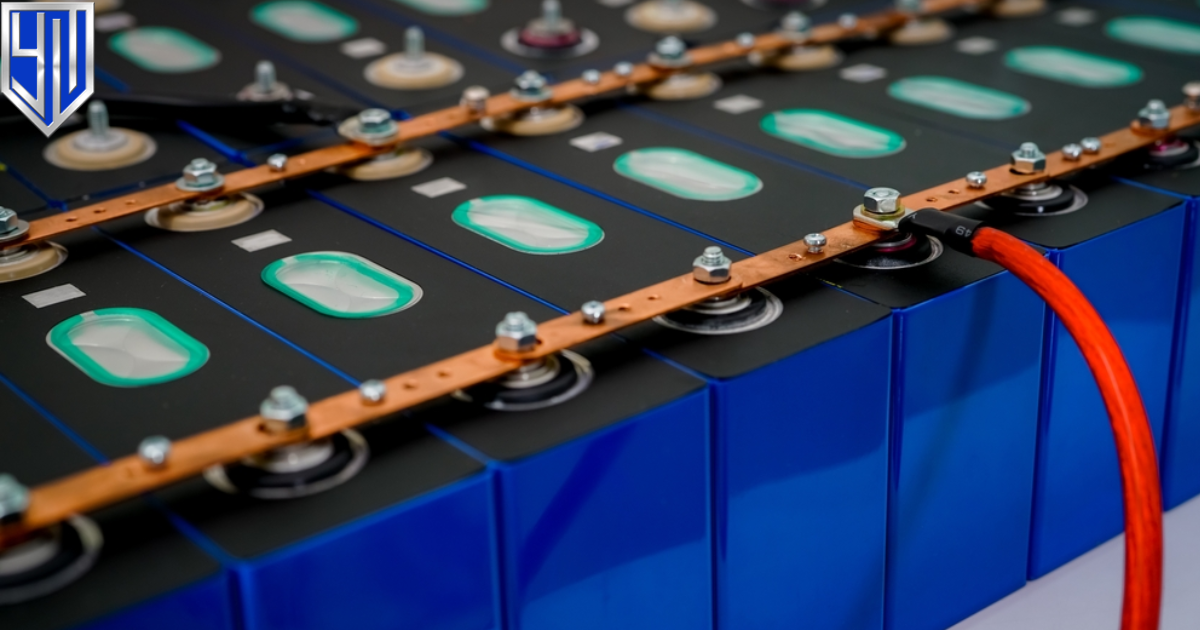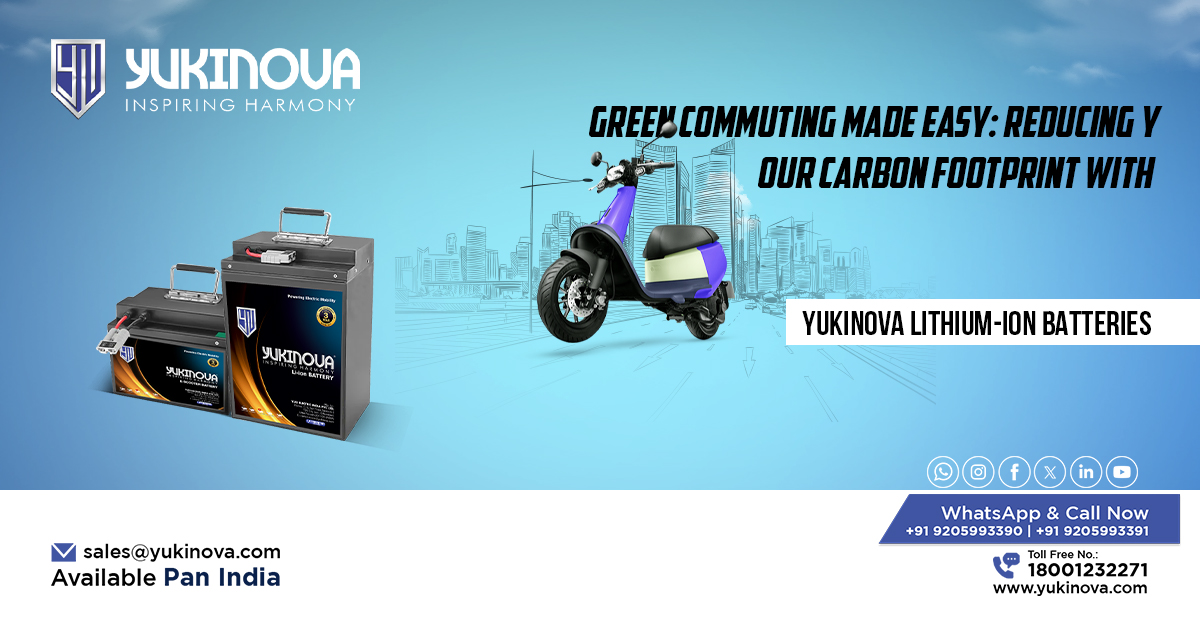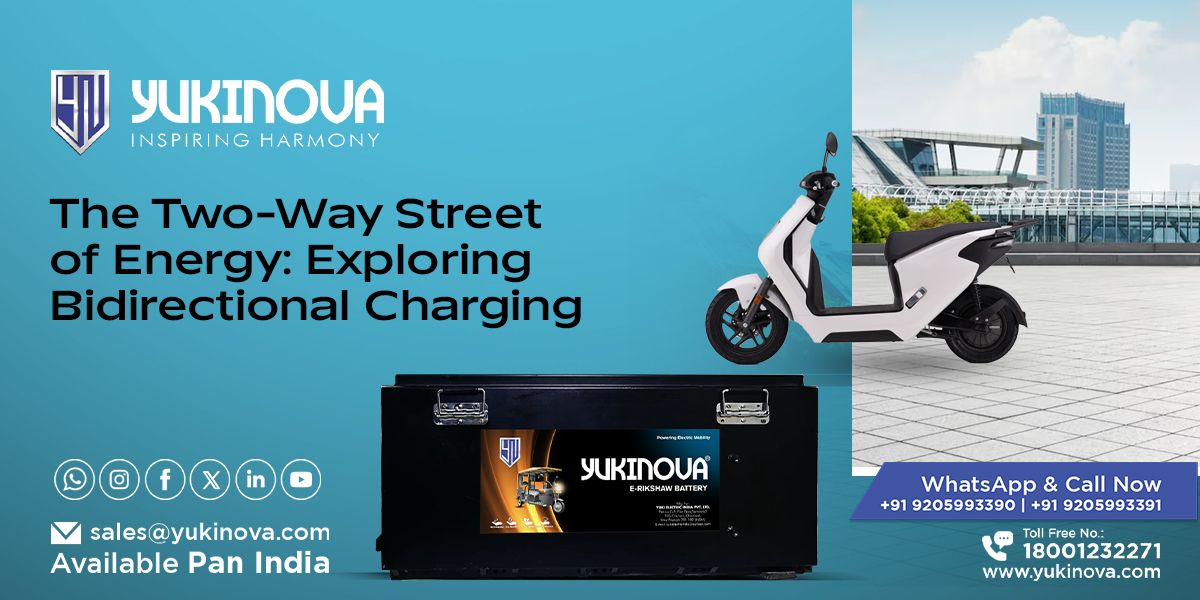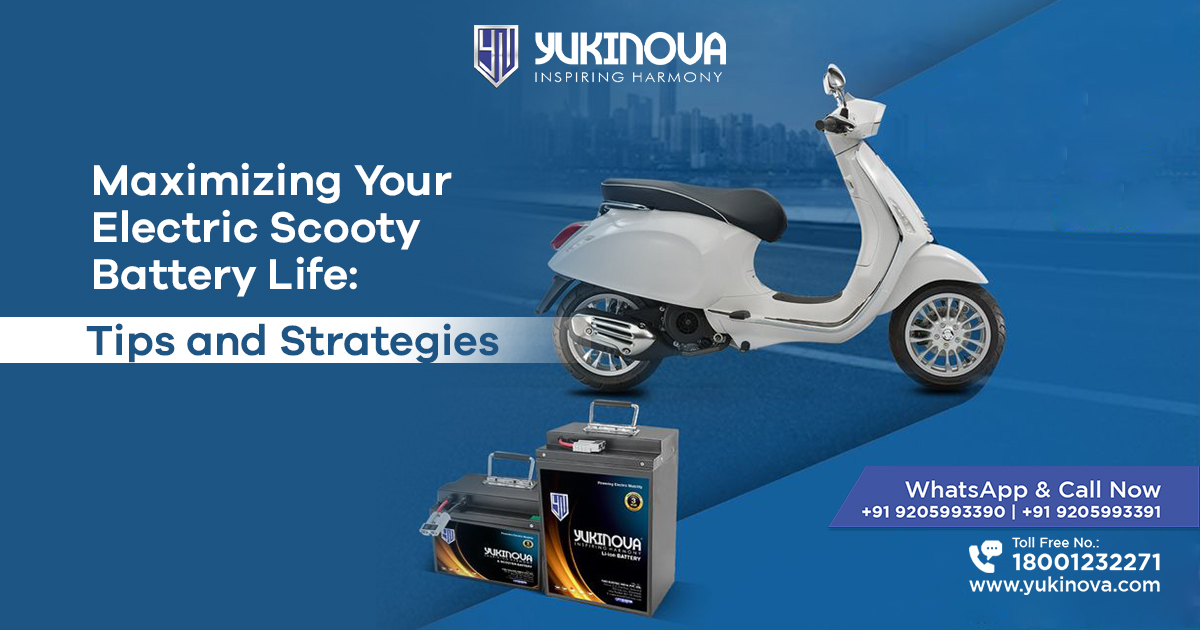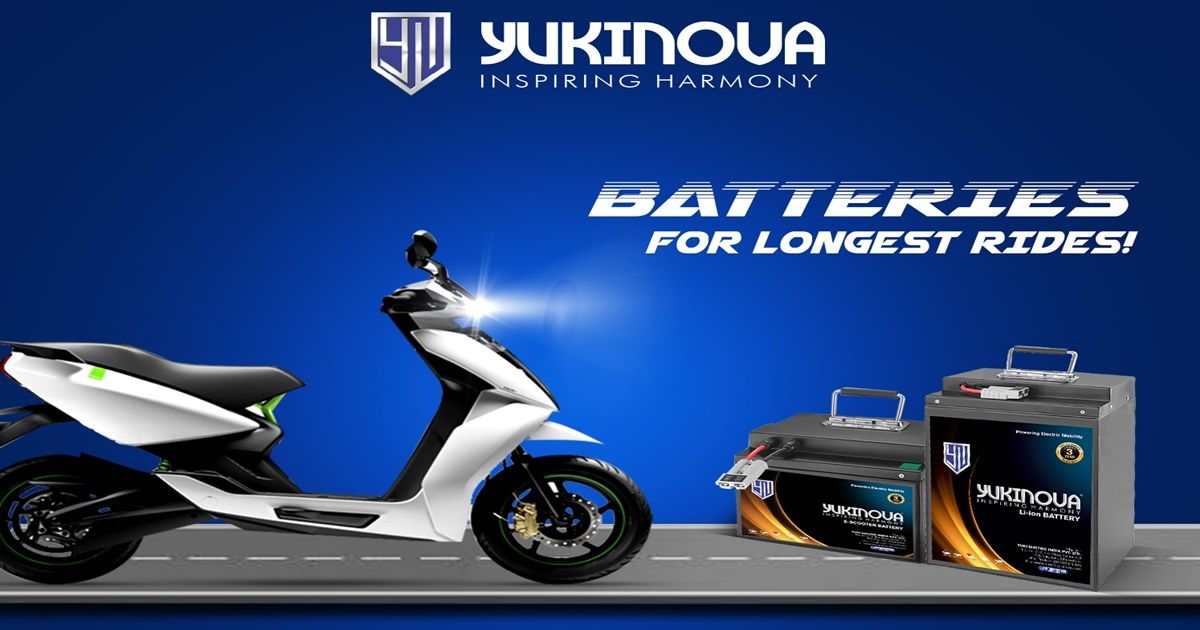The urgency to combat climate change and address air pollution has brought electric vehicles (EVs) into the spotlight. As we stand at the crossroads of environmental crisis and technological innovation, transitioning to EVs emerges as a crucial step toward a sustainable future. The automotive landscape is evolving, and the need for cleaner, more eco-friendly transportation solutions has never been more evident. In this article, we delve into the multifaceted benefits of electric vehicles, with a particular focus on the pivotal role played by lithium-ion batteries. These batteries are not just powering our cars and bikes; they are propelling us into an era where sustainability meets cutting-edge technology.
Environmental Benefits of EVs:
EVs offer a beacon of hope for environmental conservation, significantly reducing greenhouse gas emissions and improving air quality in urban areas. The combustion engine’s notorious carbon footprint is replaced by the cleaner, more efficient electric motor. Beyond just the absence of tailpipe emissions, EVs contribute to a holistic reduction in the overall carbon footprint. The heart of this green revolution lies in the lithium-ion battery, a technology that not only powers vehicles efficiently but also supports the broader goal of reducing our dependence on fossil fuels. The positive impact of EVs on combating climate change and improving air quality extends beyond individual vehicles, creating a ripple effect that contributes to a healthier planet.
Economic Advantages of EVs:
Beyond environmental gains, embracing EVs translates into economic benefits. Lower fuel costs, reduced maintenance expenses, and the potential for job creation underscore the economic advantages of this paradigm shift. The conventional internal combustion engine’s intricacies, which often lead to higher maintenance costs, are streamlined in EVs. With fewer moving parts and simplified mechanics, the long-term cost savings associated with EV ownership become evident. Governments around the world are incentivizing the transition to EVs, offering tax breaks and subsidies, making the economic case for electric vehicles more compelling. The burgeoning EV industry not only creates jobs directly related to manufacturing but also fosters growth in related sectors, further contributing to economic development.
Technological Innovations in Lithium-Ion Batteries:
The crux of EV advancement lies in lithium-ion battery technology. With continual breakthroughs, these batteries boast enhanced energy density, extended range, and faster charging capabilities. Modern lithium-ion batteries are a testament to the rapid pace of technological innovation. Energy density, a critical factor in determining an EV’s range, has witnessed remarkable improvements.
As a result, EVs can cover more miles on a single charge, alleviating concerns about range limitations. The ongoing research and development efforts in the realm of lithium-ion batteries are not merely confined to extending range; they also focus on improving overall battery efficiency, ensuring longer lifespan, and setting higher safety standards.
Benefits of Lithium-Ion Batteries for Cars:
Lithium-ion batteries stand as the backbone of EVs, offering high energy density and a remarkable power-to-weight ratio. The advantages extend to improved range, performance, and rapid charging, fostering a sustainable life cycle through potential battery reuse and recycling initiatives. The lightweight nature of lithium-ion batteries is particularly beneficial for electric cars, ensuring a balance between energy storage and vehicle weight.
This equilibrium translates into better overall performance and efficiency. Additionally, the potential for battery reuse and recycling contributes to a more sustainable battery life cycle, addressing concerns about the environmental impact of battery disposal.
Benefits of Lithium-Ion Batteries for Bikes:
Electric bikes (e-bikes) have experienced a revolution with lithium-ion batteries, providing a lightweight and efficient power source. These batteries contribute to extended range, enhanced performance, and the convenience of removable, rechargeable options for e-bike users.
Lithium-ion batteries have transformed e-bikes into a viable and sustainable mode of urban transportation. The extended range ensures that e-bike users can cover more ground on a single charge, making them a practical choice for daily commuting. The lightweight and compact nature of lithium-ion batteries also aligns with the design requirements of e-bikes, offering a power-packed solution without compromising on the bike’s agility and convenience.
Overcoming Challenges and Infrastructure Development:
The path to widespread EV adoption faces challenges like limited charging infrastructure and range anxiety. However, strides in fast-charging technology, coupled with government and private investments, address these hurdles. Expansion of charging networks and advancements in wireless charging further enhance convenience.
While the current charging infrastructure may be a point of concern for potential EV adopters, significant progress is being made. Governments are increasingly investing in expanding the charging network, and private initiatives are actively contributing to the development of a robust charging infrastructure.
Fast-charging technology is a game-changer, significantly reducing the time required for recharging. Additionally, wireless charging, an innovative frontier in EV technology, holds the potential to further improve convenience, making EVs even more accessible for daily use.
The Future of EVs and Lithium-Ion Batteries:
The future holds promise with continual advancements in battery technology, making EVs more accessible and efficient. Envisioning a landscape with vehicle-to-grid integration, smart charging, and renewable energy powering EVs underlines the ongoing commitment to sustainability. The evolving landscape of EVs extends beyond mere transportation.
Vehicle-to-grid integration, a concept gaining traction, envisions a future where EVs not only consume energy but also contribute back to the grid during peak demand. Smart charging solutions, coupled with advancements in renewable energy sources, promise a future where EVs play a pivotal role in balancing energy consumption and production. Ongoing research and development efforts underscore the dedication to improving battery efficiency, lifespan, and overall sustainability.
Yukinova: Pioneering Lithium-Ion Battery Manufacturer:
At the forefront of lithium-ion battery innovation stands Yukinova, a leading manufacturer committed to pushing the boundaries of energy storage. Their dedication to sustainability, coupled with cutting-edge technology, positions them as key contributors to the EV revolution. Yukinova’s batteries not only power vehicles efficiently but also drive the vision of a cleaner, greener tomorrow.
As a renowned force in lithium-ion battery manufacturing, Yukinova is at the forefront of addressing key challenges in battery technology. Their commitment to research and development ensures that their batteries align with the evolving needs of the automotive industry. Yukinova’s influence extends beyond powering vehicles; it contributes significantly to shaping the future of sustainable energy solutions.
Conclusion:
As we navigate the transformative landscape of electric vehicles and lithium-ion batteries, the advantages are clear. Embracing this evolution isn’t just a shift in transportation; it’s a collective stride toward a sustainable and cleaner future. With Yukinova leading the charge in battery innovation, the road ahead promises not only efficiency but a profound positive impact on the environment and society. Let’s dive into this future together, where electric vehicles powered by advanced lithium-ion batteries become synonymous with a greener, more sustainable tomorrow.
